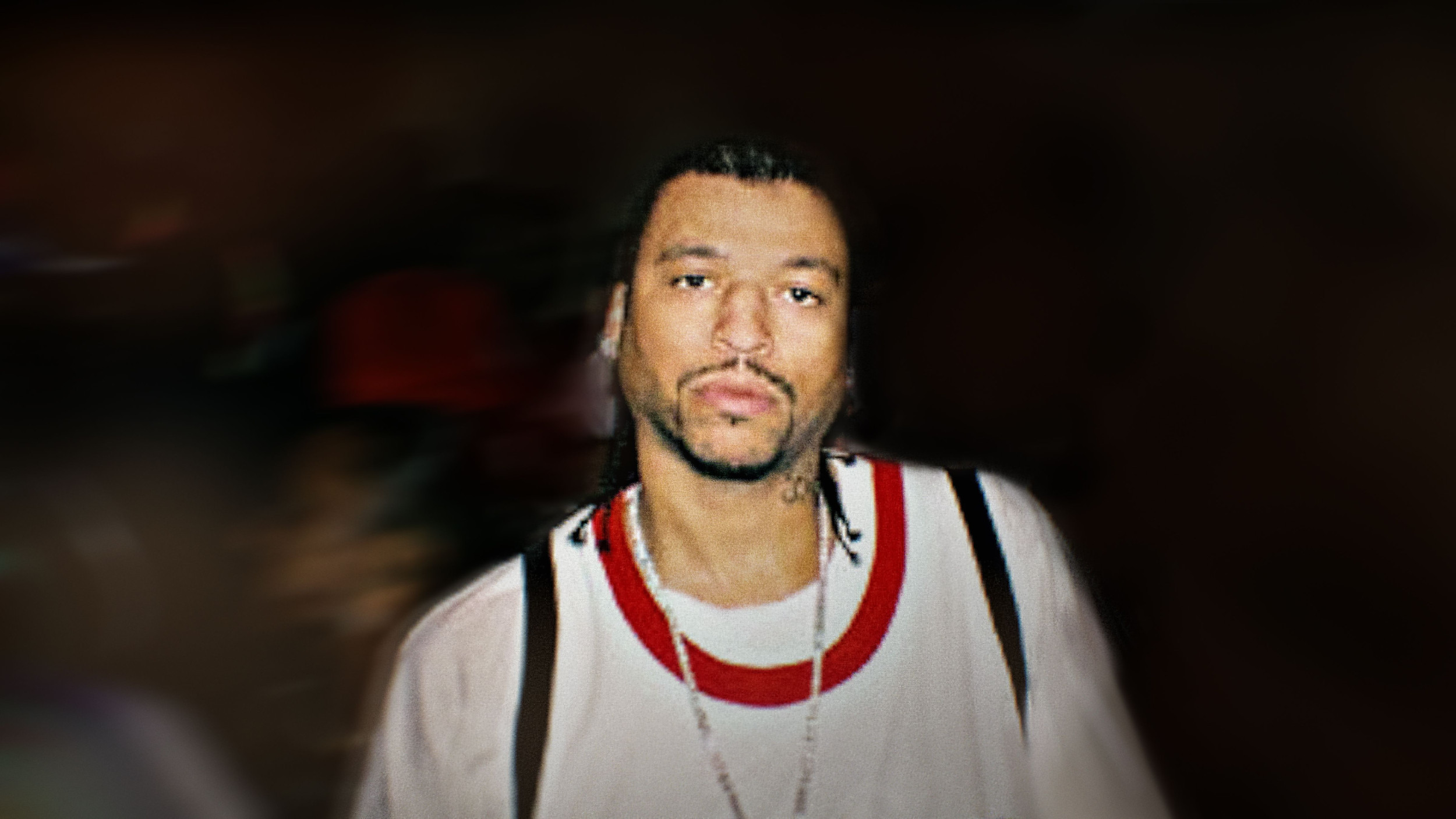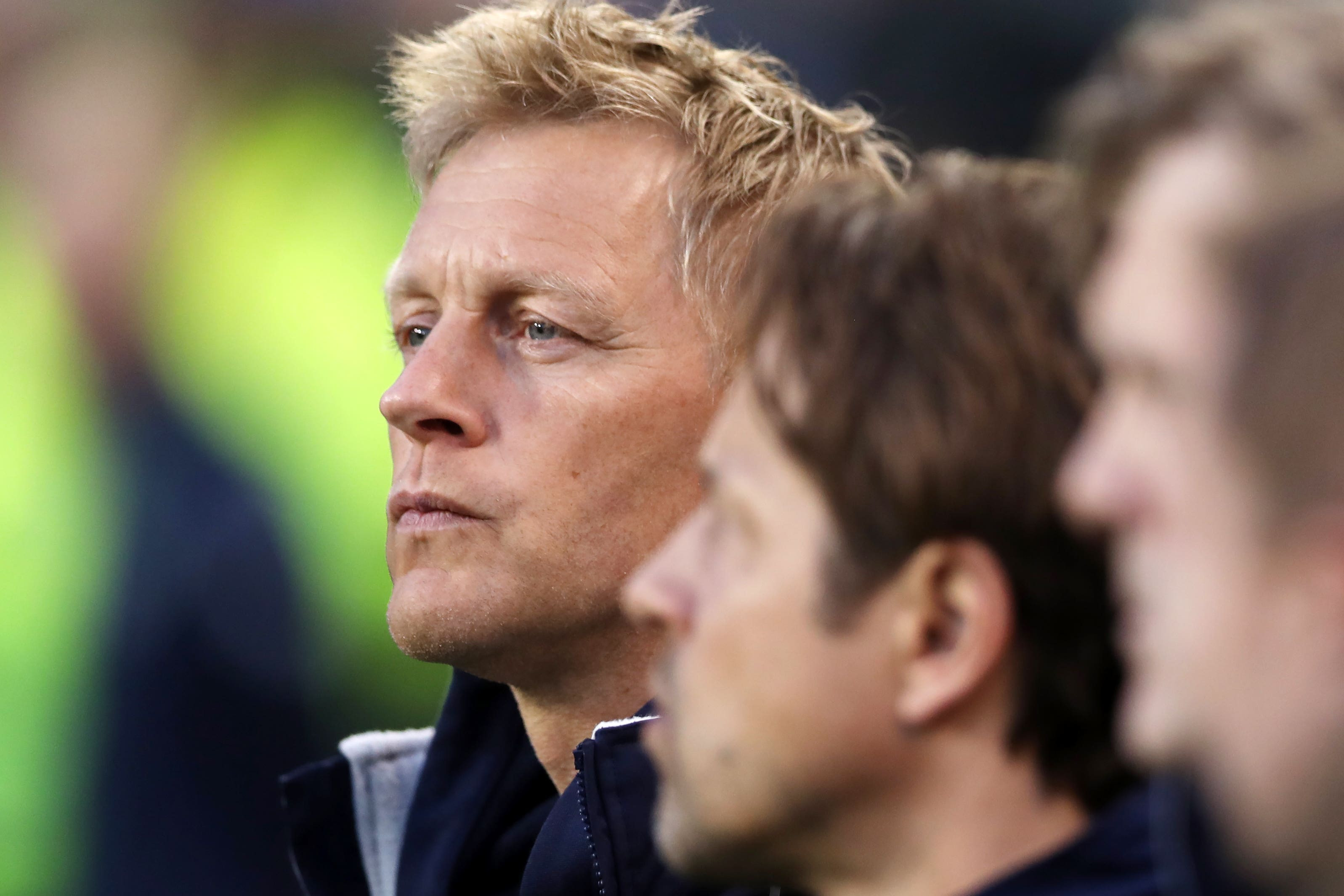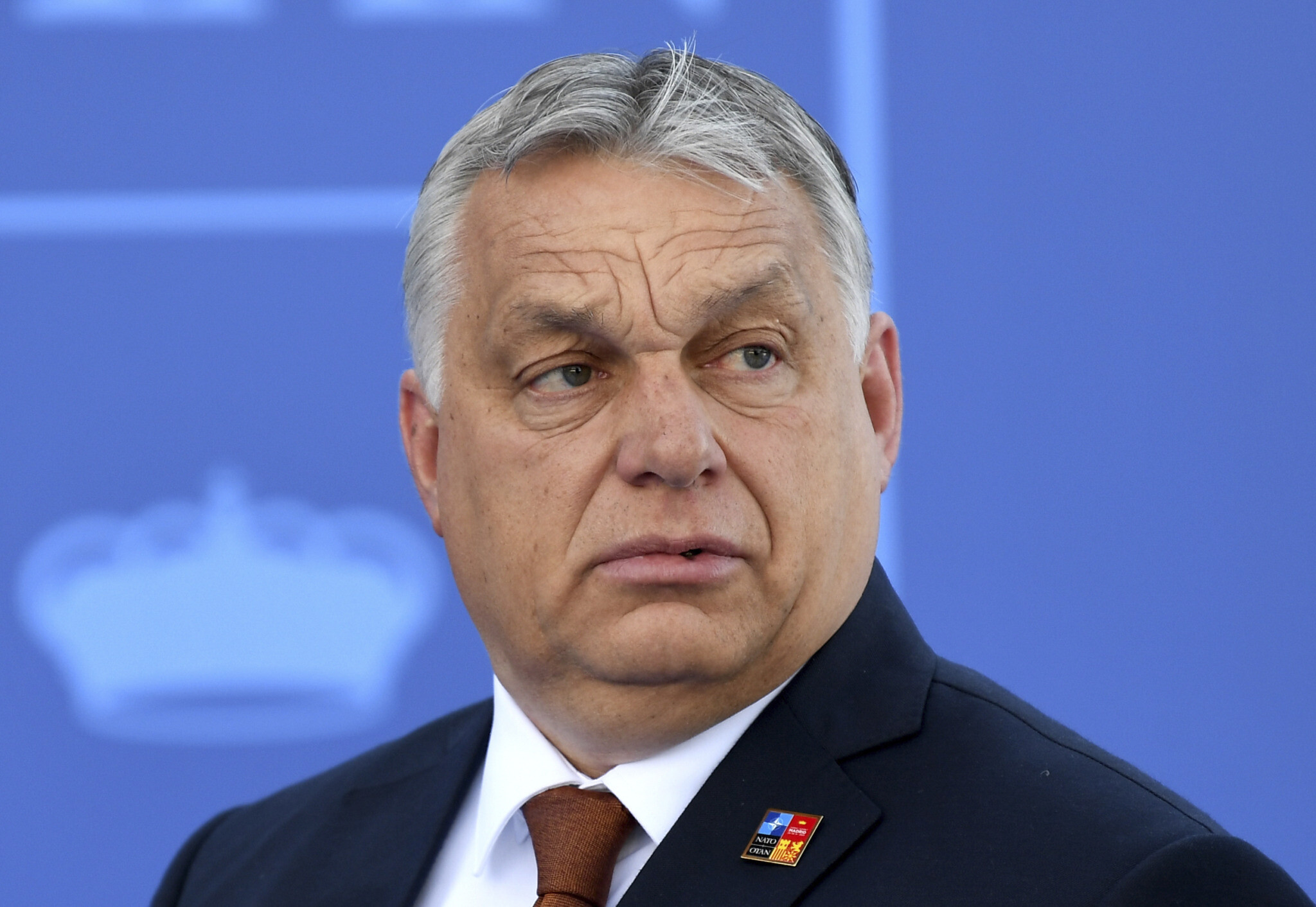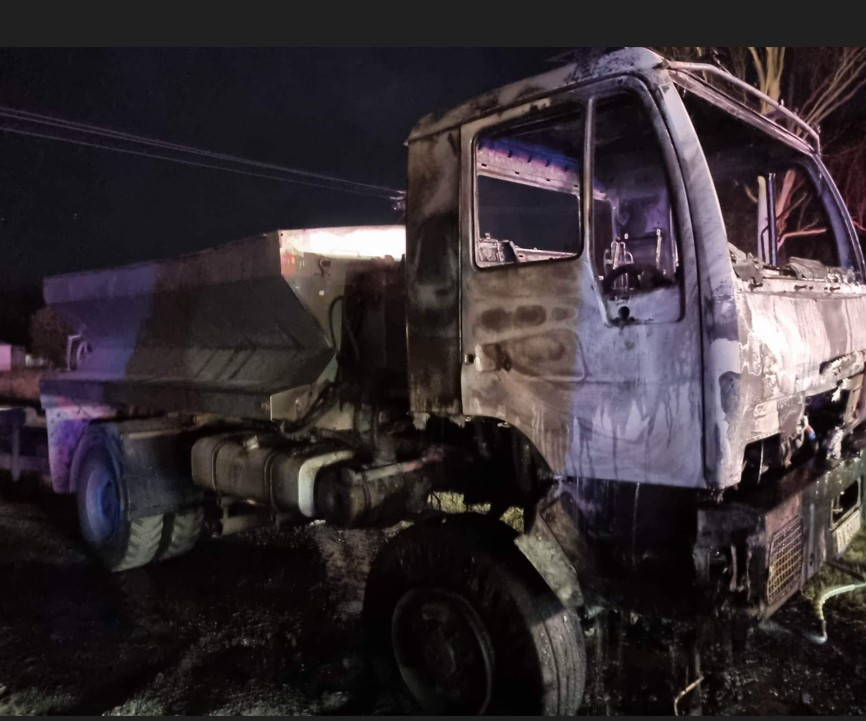Ghana's LGBTQ+ Community Faces Impossible Choice in Upcoming Elections
In Ghana's upcoming general elections, the LGBTQI+ community faces a critical juncture. All leading presidential candidates have pledged to crack down on LGBTQI+ rights, leaving the community with an impossible choice. The winner of the December 7th election will be faced with the decision of signing into law or vetoing a bill passed by parliament earlier this year which imposes jail time for individuals identifying as LGBTQ+. This bill expands the definition of illegal activity and increases penalties, leading human rights groups to express concerns about worsening persecution of sexual and gender minorities. The bill stipulates up to five years in prison for same-sex activities, allows for the prosecution of those identifying as non-binary, and punishes advocacy work including funding programs for sexual minorities. It also includes prison terms for those who fail to report anyone perceived or identified as LGBTQ+.
The Anti-LGBTQI+ Bill and its Implications
The Human Sexual Rights and Ghanaian Family Values Bill, often referred to as the anti-gay bill, has sparked intense debate and controversy. While proponents argue it protects traditional family values, opponents view it as a violation of human rights, potentially leading to increased discrimination and violence against the LGBTQI+ community. The bill's broad definition of illegal activities and harsh penalties are of particular concern. The provision criminalizing friends, family members and property owners who fail to report anyone perceived or identified as LGBTQ+ has already forced many into hiding, leading to job losses, homelessness, and interrupted education. One activist stated, “The bill seeks to divide me and my family. Anybody who knows (my identity) within the family and does not report (me and) someone else...could also go to jail.” This creates an environment of fear and distrust, further isolating and marginalizing an already vulnerable population. International organizations, such as the European Union, have voiced their disapproval, highlighting the bill's incompatibility with Ghana's constitution and international human rights commitments. There are also concerns about potential loss of donor funding if the bill is enacted.
Police Brutality and Lack of Protection
Even before the introduction of the anti-LGBTQI+ bill, reports of attacks and harassment against LGBTQ+ individuals were prevalent. The Ghana police service, responsible for protecting citizens, has been implicated in numerous cases of abuse and harassment targeting LGBTQ+ Ghanaians. In 2020, 16 of 38 reported cases of anti-LGBTI abuse involved the police. These cases include allegations of extortion and verbal abuse. One chilling account involves a young man lured into a forest, tied to a tree, and threatened with death unless his family paid a ransom. Despite rescuing the young man, the police accepted a bribe from the attacker and released him while keeping the victim in custody. The police then demanded another bribe from the victim's family before releasing him. Another case involved a young man lured via a dating app, attacked, and extorted by the police. The prevalent belief that LGBTQ+ individuals are undeserving of justice or protection fuels these attacks. “When LGBTQ persons report attacks, the police often justify them by saying, ‘oh, he’s gay,’ as if that excuses the crime,” said the founder of Rightify Ghana. This lack of accountability discourages many from reporting attacks, making the situation even more dire.
The Role of the Police
The police's inaction and complicity in these attacks highlight a systemic issue, as does the lack of adequate protection for LGBTQ+ individuals. Many victims do not report attacks due to the fear of further mistreatment and extortion from the very institution charged with their safety. One victim stated, “In Ghana, the police service is the most homophobic institution; reporting only puts you at risk. If you have money, they might extort from you; if you don’t, you're not safe.” This underscores the urgent need for police reform and increased accountability. The police service did not respond to a request for comment on these allegations.
The Political Landscape and Public Opinion
The upcoming election adds another layer of complexity. The leading presidential candidates’ stances on the anti-LGBTQI+ bill demonstrate the prevailing public sentiment. While the ruling party candidate has explicitly pledged to sign the bill, the opposition leader, though not explicitly committing to approval, has advocated for stronger laws against LGBTQ+ activities. This creates an environment of fear and uncertainty for LGBTQ+ individuals and their supporters. A recent poll indicated that a significant portion of Ghanaian voters support the anti-LGBTQI+ bill, reflecting deeply ingrained social prejudices. The high level of intolerance further underscores the challenges faced by the LGBTQ+ community in Ghana. This is in addition to the impact of external influence from organizations such as the World Congress of Families (WCF), who has held conferences in Accra advocating for “conversion therapy,” and the portrayal of LGBTQ+ individuals as deviant. They often frame LGBTQ+ rights as a foreign concept that contradicts traditional African values.
Legal Challenges and Uncertain Future
Two lawsuits currently challenge the anti-LGBTQI+ bill in the Supreme Court. One challenges the bill on procedural grounds, while the other argues it infringes upon constitutional rights. However, the uncertain timeline for court decisions leaves the future of the bill, and the LGBTQ+ community, hanging in the balance. The delay in a decision could postpone the approval decision until after the next president assumes office. The current president is ineligible to run again due to Ghana’s two-term presidential limit, adding another element of uncertainty to the situation.
The Way Forward: A Call for Change
The situation facing LGBTQ+ individuals in Ghana is dire. The upcoming elections, with all major candidates pledging to crack down on gay rights, exacerbate existing challenges. The anti-LGBTQI+ bill, even before becoming law, has already fueled discrimination, violence and fear. The lack of police protection and accountability further compounds the problem, leaving LGBTQ+ people in a vulnerable state. Legal challenges offer a glimmer of hope, but the uncertain court timeline and potential shift in power leave the future unclear. Ultimately, lasting change necessitates a shift in public opinion, increased governmental commitment to human rights and robust enforcement of laws protecting LGBTQ+ people. This requires concerted efforts from activists, human rights organizations and international bodies to advocate for the protection and equality of LGBTQ+ individuals in Ghana. It’s time for dialogue, understanding, and a commitment to uphold the rights of all citizens. This publication was produced as part of IWPR’s Voices for Change, Africa project.
















